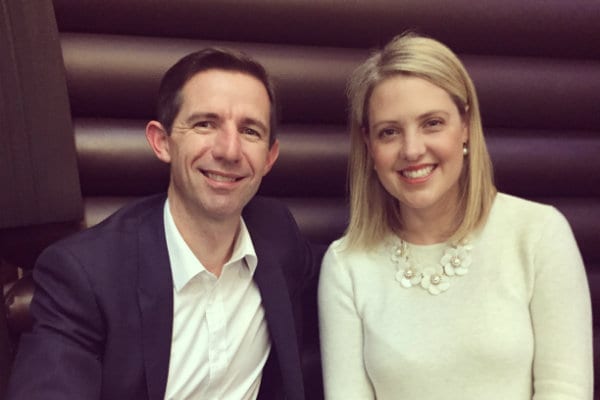The minister was in Sydney and wanted to discuss the childcare reform that the government passed at the end of last month.
Early Childhood Education & Care
In preparation for the interview I was reminded of the policy complexity of early childhood education, the provision of care for young children and government assistance.
I was reminded, also, of the unequivocal social and economic benefits of getting policy in this realm right.
PWC modelling from 2015 shows that investing in quality early education is capable of growing Australia’s GDP, improving workforce participation choices for parents and in particular women, helping realise the full potential of Australian children and reducing the impacts of disadvantage.
It’s a win, win, win, win. And yet, for too long, Australia’s policy settings haven’t enabled us – individually or collectively – to derive these benefits.
The recent reforms are significant.
“These changes are the biggest shake up to childcare subsidies and support for decades,” Birmingham said. “The old model has comprises of lots of different pieces – the childcare benefit, the childcare rebate, family tax benefits – and now we can move all of that to one side in favour of one single new subsidy.”
Birmingham is hopeful it will alleviate the cost pressure of childcare on many families, reduce bureaucracy and inefficiency and deliver support where is it needed the most.
“It ensures the more hours you work, or study, or volunteer, the more hours of support you receive. The less a family earns, the greater the support they receive to pay childcare bills,” he said.
For the vast majority of families it removes the $7500 cap which many meet well before the 30th of June each year. Paying ful fees without any support for several months is a very real financial barrier and impediment when it comes to childcare.
These reforms undoubtedly deliver on a number of fronts. And yet, there are critical issues which aren’t specifically addressed.
The issue of supply, the access to high quality care for the most vulnerable children (who benefit the most) and the wages of the educators who deliver this vital service.
I asked the minister his views on these subjects, as well as whether he believes there is a conflict of interest in the provision of early education and care as a for-profit service.
He is thoughtful and considered in his responses, which you can listen to in a Work It Out featured podcast from the interview here.
Combining a career in Canberra with small children
As a father of two small children who are aged 4 and 6 , I also wanted to know his views on combining a career in politics with family.
“It’s tough,” he says. “For six years I have packed up and kissed the kids goodbye and it’s a real challenge. I will miss both my kids birthdays this year. I have to work hard to create quantity and quality of time to make up for it.”
Just recently he saw firsthand how tough it is for female politicians to combine a career in politics with small children.
“Last sitting week I sat on the plane from Adelaide to Canberra with Kate Ellis and [her son] little Sam. It was really fun for me to distract myself and play with him but it’s hard work for Kate,” he says. “Pollies aren’t the only ones who travel and work long hours, but it is tough and it’s particularly tough on mums in the early years.”
Women in Politics
“I would love to see greater diversity of political representatives,” Birmingham says. “I was delighted to be sworn into Cabinet with so many incredible women.”
H says his Cabinet colleague Kelly O’Dwyer has managed her position with a baby, and another on the way, because of the support her husband.
“I’m sure Kelly wouldn’t mind me saying that her husband is incredibly supportive,” he says. “He took significant time off work after their first child and they have made it work.”
All our episodes are now available on iTunes where you can subscribe.


